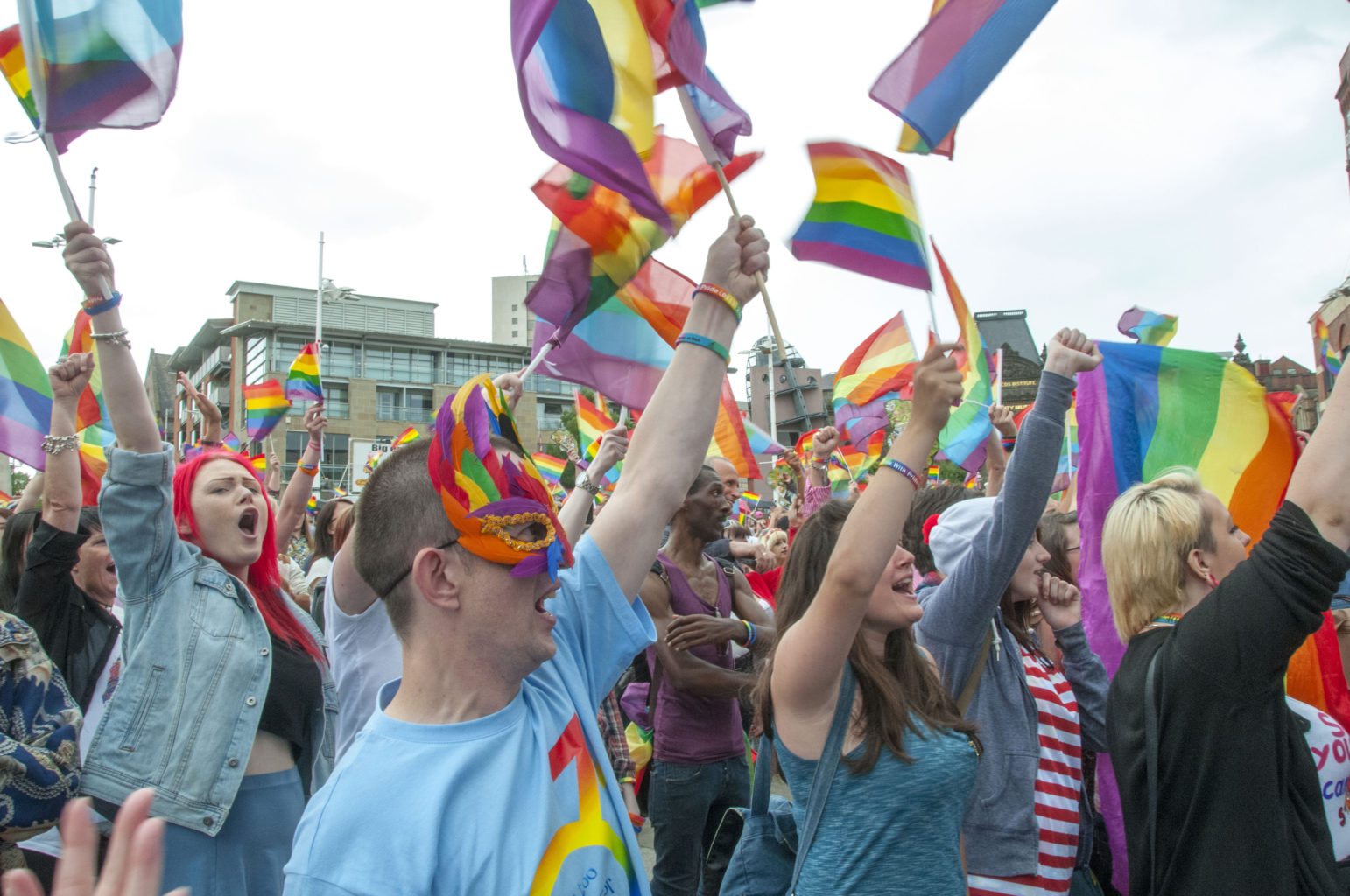How to be an ally of LGBT+ culture
LGBT+ History Month (HM) and Pride both create spaces in which LGBT+ culture can be celebrated openly, and in defiance of those that would rather these ‘lifestyle choices’ remained in the bedroom or – better yet – the closet.
As people come around to the fact that those who identify as LGBT+ are human beings, however, these acts of celebration are liable to be repackaged to serve others’ agendas.
Seemingly well-intentioned projects can obscure LGBT+ history in attempts to make it more palatable. Stonewall (2015) depicts the events leading up to the Stonewall riots and claims to show audiences ‘How Pride Began’.
Seemingly well-intentioned projects can obscure LGBT+ history in attempts to make it more palatable
The choice to place white cisgendered protagonist Danny White centre stage was no doubt a boon to palatability and ticket sales alike, but is “tantamount to stealing history from the people who made it.”
Marsha P. Johnson, one of the most celebrated activists of the period and a black transgender woman, is reduced to the level of a sidekick providing comic relief as White gets his hands dirty and throws the first brick.
To place white cisgendered protagonist Danny White centre stage was no doubt a boon to palatability
Inversely, the English Defence League (EDL) has frequently held demonstrations during Pride celebrations in an effort to legitimise their brand of hatred through association with the ‘respectable’ face of LGBT+ culture.
Their claim that “gay people in Britain have far more to fear from Islam than they do from the EDL” is blatant in its attempt to capitalise on increasingly common LGBT+ sympathies to promote intolerance and violence.
An effort to legitimise their brand of hatred through association with the ‘respectable’ face of LGBT+ culture
It’s overwhelmingly clear that LGBT+ culture is at risk of having its teeth pulled and becoming increasingly divided. In the face of such identity theft, the lived experiences of these groups are invalidated and the burden of education falls to them.
However, the daily lives and identities of LGBT+ folks should not be overwhelmed by expectations that they act as ‘oppression agony aunts’.
In the face of such identity theft, the lived experiences of these groups are invalidated
Allies can celebrate History Month by educating themselves and their peers: read, research, and give Google a go before playing 20 questions with your favourite LGBT+ Twitter personality.
Where inequality and oppression continue, we cannot allow marginalised voices to remain muffled and ignored. Allies are often well-placed to fight against this silencing, but it is important that allied voices don’t begin to drown out those they claim to speak for.
Allies can celebrate History Month by educating themselves and their peers
Even if you’ve put time in at the library, it’s very important to remember that History Month isn’t about academics writing identities into validity, but human beings standing up to defend their identities and make their struggles known.
Our function as allies is to be less about our voices and more about our ears. Don’t think this is about silencing us. No, listening is about privileging the lived experiences of the marginalised to your ear. After all, the undeniability of these experiences are the best antidote to a world simultaneously attempting to resist and capitalise on LGBT+ culture.
History Month isn’t about academics writing identities into validity, but human beings
Allies definitely have a part in celebrating History Month and LGBT+ culture, and are often uniquely placed to educate and confront their peers; however, it’s important to respect the diversity of experiences that exist within the culture and that, no matter the victories, inequality persists.
Allies definitely have a part in celebrating History Month and LGBT+ culture
In light of this, it is essential that an intersectional view of the world be taken and that we all embrace our identities as products of an immense nexus of privilege and prejudice. I don’t speak in the sense of tallying ‘oppression points’ or suggest that the privileged should hang albatrosses about their necks.
Instead, we should come to accept that we are each oppressors and oppressed at different junctures, and appreciate what makes us intolerant as human beings in order that we might fight it.

Comments